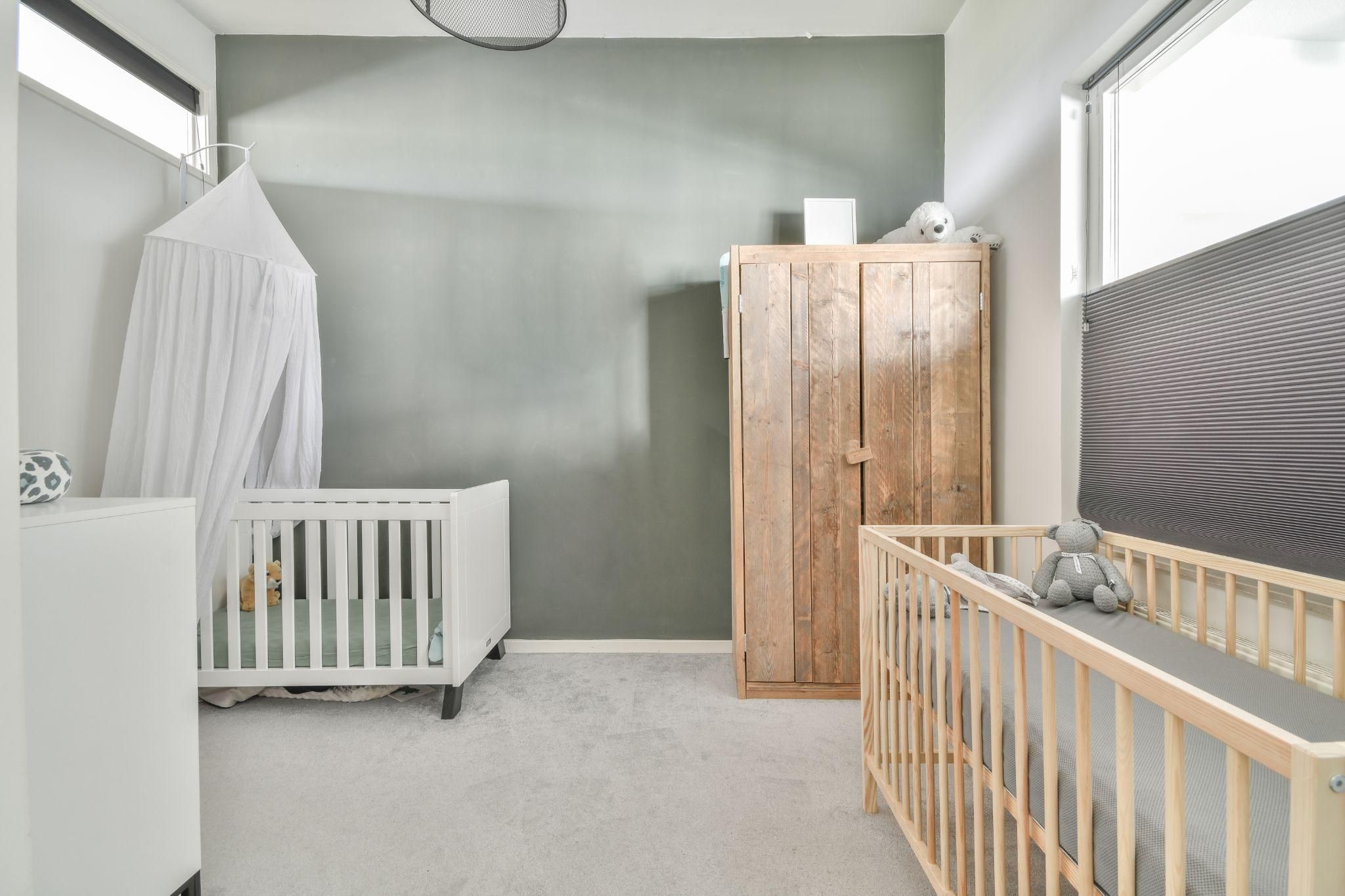Introduction
Expecting a baby is an exciting time, but it often comes with financial stress as parents prepare for the costs of raising a child. From antenatal care to nursery essentials, the expenses can add up quickly. The good news is that you don’t have to break the bank to give your baby a great start. With careful planning and a few strategic money-saving tips, you can navigate this journey comfortably.
This guide offers practical advice on saving money during pregnancy and beyond while ensuring you don’t compromise on quality or essentials for your little one.
1. Plan Your Budget Early
Budgeting begins as soon as you find out you’re expecting. Knowing what to expect financially will help you prioritise and plan effectively.
How to Create a Baby Budget:
List Expected Costs: Include items like antenatal appointments, prams, nappies, and clothing.
Research Costs: Get price estimates for must-haves like car seats and cots.
Track Spending: Use budgeting apps like Emma or Yolt to monitor expenses and stay on track.
Planning ahead will prevent last-minute purchases that could blow your budget.
2. Take Advantage of Free Antenatal Resources
Preparing for childbirth doesn’t have to come with hefty costs. Many free or low-cost resources are available to expecting parents.
Cost-Saving Tips for Antenatal Care:
NHS Services: Standard antenatal appointments and scans are free in the UK.
Antenatal Education: The NHS offers free antenatal classes, covering labour, breastfeeding, and newborn care.
Community Classes: Check for free or subsidised courses at local libraries or community centres.
By focusing on free antenatal services, you can save money while receiving high-quality support.
3. Buy Second-Hand Baby Gear
Babies outgrow items quickly, making second-hand baby gear a budget-friendly and sustainable choice.
What to Buy Second-Hand:
Clothing: Pre-loved baby clothes are often barely worn and cost a fraction of the price.
Furniture: Items like changing tables and dressers can be found in excellent condition.
Toys: Look for gently used toys at charity shops or online marketplaces.
What to Avoid:
Car Seats: Always buy new to ensure safety standards are met.
Mattresses: Invest in a new one to reduce the risk of allergies or hygiene concerns.
Websites like Facebook Marketplace, eBay, and local NCT Nearly New Sales are excellent places to find bargains.
4. Shop Smart for Baby Essentials
Knowing when and where to shop can save you a significant amount of money.
Money-Saving Shopping Tips:
Sales and Discounts: Keep an eye out for baby sales at stores like Boots, Mothercare, and John Lewis.
Reward Schemes: Sign up for loyalty programmes to earn discounts and freebies.
Bulk Buying: Purchase nappies, wipes, and other consumables in bulk to save in the long run.
Compare prices across different retailers and online platforms to ensure you’re getting the best deal.
5. Make the Most of Hand-Me-Downs
If you have friends or family with young children, don’t hesitate to accept hand-me-downs.
Items Commonly Shared:
Baby clothes
High chairs
Baby carriers or slings
Borrowing items like prenatal yoga mats or breast pumps from fellow mums can also help cut costs.
6. DIY Where Possible
You’d be surprised how much money you can save by doing certain things yourself.
DIY Baby Essentials:
Homemade Baby Food: Prepare and freeze purees instead of buying ready-made options.
Nursery Decor: Create your own wall art, mobiles, or shelves using affordable materials from craft stores.
Cloth Nappies: Consider reusable nappies as a long-term cost-saving and eco-friendly solution.
Not only does DIY save money, but it also allows you to add personal touches to your baby’s space.
7. Find Affordable Maternity and Postnatal Classes
Staying healthy during and after pregnancy doesn’t have to strain your finances.
Affordable Fitness Options:
Antenatal Yoga: Look for free or low-cost classes at community centres or online platforms like YouTube.
Postnatal Fitness: Many local gyms and studios offer affordable group fitness classes for mums.
Walking Groups: Join free baby-and-mum walking groups to combine exercise and socialising.
Investing in your health through accessible options ensures you’re in the best shape for parenting.
8. Use Free or Low-Cost Healthcare Services
Taking care of your baby’s health doesn’t always require expensive visits to private clinics.
Affordable Healthcare Options:
Antenatal Clinics: Utilise free NHS antenatal clinics for checkups and advice.
Vaccinations: Ensure your baby gets all routine vaccinations, which are free through the NHS.
Breastfeeding Support: Take advantage of free lactation consultations offered by midwives or local breastfeeding groups.
Knowing what’s available through public healthcare systems can save you hundreds of pounds.
9. Save on Nursery Setup
Setting up a nursery can be one of the biggest expenses, but there are ways to cut costs without sacrificing quality.
Budget-Friendly Nursery Tips:
Minimalist Approach: Focus on essential items like a cot, mattress, and changing table.
Repurpose Furniture: Use existing furniture or buy second-hand pieces to save money.
DIY Decor: Paint the walls yourself or create simple handmade decorations.
Skip non-essential items like expensive bedding sets, which are often more decorative than functional.
10. Explore Financial Support Options
The UK government offers several financial aid schemes to support expecting and new parents.
Available Programmes:
Statutory Maternity Pay (SMP): Check if you’re eligible for up to 39 weeks of paid leave.
Child Benefit: Receive up to £21.80 per week for your first child.
Tax-Free Childcare: Save up to £2,000 per year on childcare costs.
Visit the official UK government website for more information on eligibility and applications.
11. Budget for Postnatal Self-Care
Looking after yourself post-birth is just as important as preparing for your baby.
Cost-Effective Self-Care Ideas:
Massage for Pregnancy: Some therapists offer discounted rates for postnatal massages.
Relaxation During Pregnancy: Continue relaxation techniques like meditation, which are often free or low-cost.
Affordable Spa Days: Look out for deals on spa treatments to help you unwind.
Taking care of your mental and physical well-being ensures you can be the best version of yourself for your baby.
12. Plan for Ongoing Costs
Babies grow quickly, and so do their needs. Planning for future expenses will help you avoid financial surprises.
Future Costs to Consider:
Clothing: Babies outgrow clothes every few months, so budget for new sizes regularly.
Toys and Books: Keep an eye on sales for developmental toys and books as your baby grows.
Childcare: Research local nurseries or childminders early to budget for these significant expenses.
By planning for long-term costs, you can maintain financial stability throughout your parenting journey.
Conclusion
Preparing for a baby on a budget doesn’t mean compromising on quality or missing out on essential care. From using free antenatal care resources to buying second-hand items and exploring government support schemes, there are countless ways to save money while ensuring your baby has the best possible start in life.
By planning ahead, being resourceful, and making smart choices, you can navigate the financial challenges of parenthood with confidence. Remember, the most important thing isn’t how much you spend but the love, care, and attention you provide to your growing family.
References
- The Ultimate Antenatal Classes
Prepare for labour, birth, and baby care with nine experts, including senior NHS midwives and an award-winning obstetrician!
https://unii.com/en/journey/ultimate-antenatal-classes









